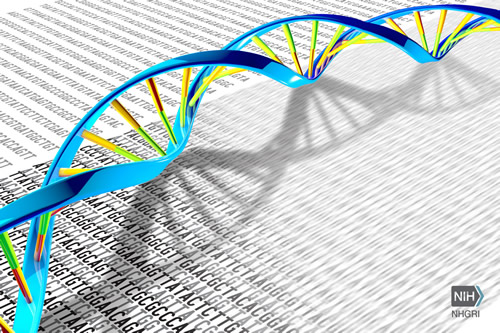
The Regulatory and Ethics Work Stream (REWS) committee of the Global Alliance for Genomics and Health (GA4GH) has put forth a living document to assist researchers navigating ethical and legal issues during the COVID-19 public health emergency. By providing a space to assist in rapid and sustained international collaboration and data sharing, members hope to ease the severity of the crisis.
GA4GH has stated that the goal of this document is to summarize key regulatory pathways, particularly providing information on health research regulation and ethical/legal data governance, as well as possible modification for genomic researchers in a public health emergency.
As part of the goal to develop of systemic approach to gathering data, GA4GH has signed onto the Wellcome statement “Sharing research data and findings relevant to the novel coronavirus (COVID-19) outbreak.” The Wellcome Trust is an independent global charity designed to assist in scientific and medical research to aid global health. The statement they have put forth calls on researchers and publishers to share information quickly and openly to save as many lives as possible. Open access (freely available) publishing will be key to disseminating important research trials, and this statement also calls for authors to alert the WHO at the time an author submits an article to a journal.
In order to avoid the bottleneck that often occurs during peer review, the Wellcome statement also calls for important results to be published in preprint servers, such as BioRxiv and medRxiv. Preprint servers allow articles to be published instantly, while authors can simultaneously seek publication in a separate peer reviewed journal. The Wellcome statement also calls for protocols and standards of practice to be openly shared so that research teams can run experiments in parallel.
The GA4GH community has additional initiatives underway as well, from COVID beacons to platforms like COVIDaware that facilitate the anonymous collection of user-submitted symptom information. Some of the main parts of the document include: legal and regulatory information (including privacy and data protection, intellectual property, information on new medical device approval, and good laboratory practices); data sharing policies (including legal and ethical open science guidance); and ethical considerations (for public health, research, data access, and related initiatives).
Each of the sections of this document provide a framework for international guidelines to identify information without compromising research integrity or worrying the public over data collection.
The legal and regulatory aspect focuses on certain countries (particularly countries located in Europe and North America) and concerns over ethno-legal issues. Interestingly, in Europe, which tends to have some of the strictest data protection laws, laws can be waived during the pandemic to identify information deemed necessary to maintain public health. One link in the document takes the reader to a statement issued by The European Data Protection Board: “Data protection rules (such as the GDPR) do not hinder measures taken in the fight against the coronavirus pandemic…. [however] the EDPB would like to underline that, even in these exceptional times, the data controller and processor must ensure the protection of the personal data of the data subjects.”
In the US, Health Insurance Portability and Accountability Act (HIPPA) usually prevents individuals from being identified with certain health conditions, however the HIPAA Privacy Rule allows patient information to be shared to assist in nationwide public health emergencies. After President Trump declared COVID-19 a public health emergency, Secretary Azar has exercised the authority to waive sanctions and penalties against hospitals that do not comply with certain provisions of the HIPAA Privacy Rule, including the requirement to obtain a patient’s agreement to speak with family members or friends involved in the patient’s care, and to request privacy with treatment.
In terms of intellectual property, licenses of certain software are being waived to avoid hindering data sharing, as well as data resources which usually require access to be granted. Medical devices are being fast-tracked to approval by regulatory bodies, particularly with regards to diagnosis testing for the virus.
Lastly, managing the medical ethics of a global pandemic is both sensitive and complicated around the world. The WHO has recently released a statement of guidance that includes a section which urges researchers to pay close attention to the importance of scientific transparency, timely results, and data sharing. This information is invaluable when translating scientific discovering to clinical tools.
Amidst the rush of COVID-19 patients that has arisen in hospitals around the world, it is important that a systemic approach be developed and taken in order to treat COVID-19. This document goes a long way in addressing many of the issues that have arisen, and hopefully can aid and guide genomic researchers in finding cure for this disease without violating peoples’ right to privacy. Modern technology can be instrumental in finding and preventing disease outbreaks, but it is just as important to regulate these laws as emergency powers, and reverse them as quickly as it is safe to do so.













